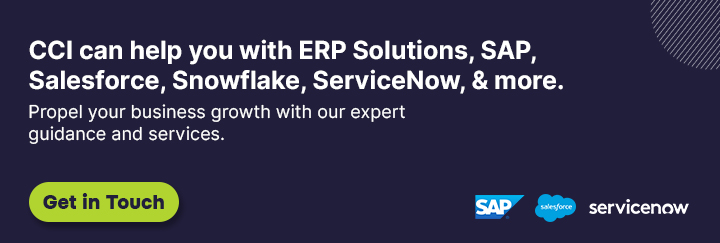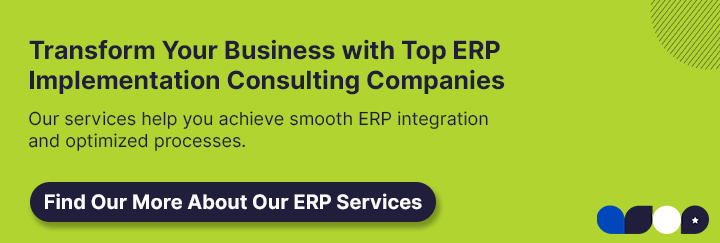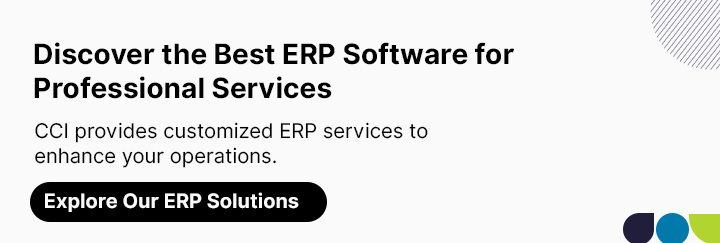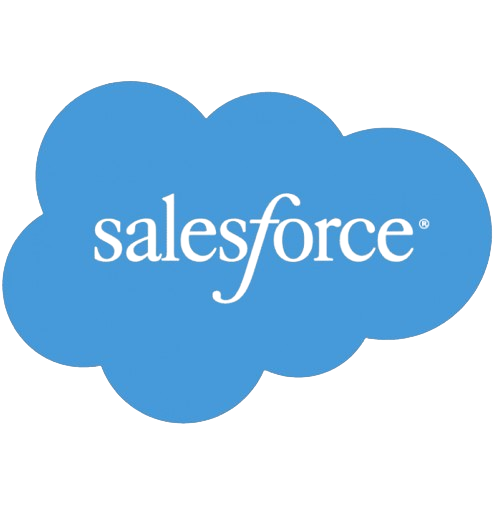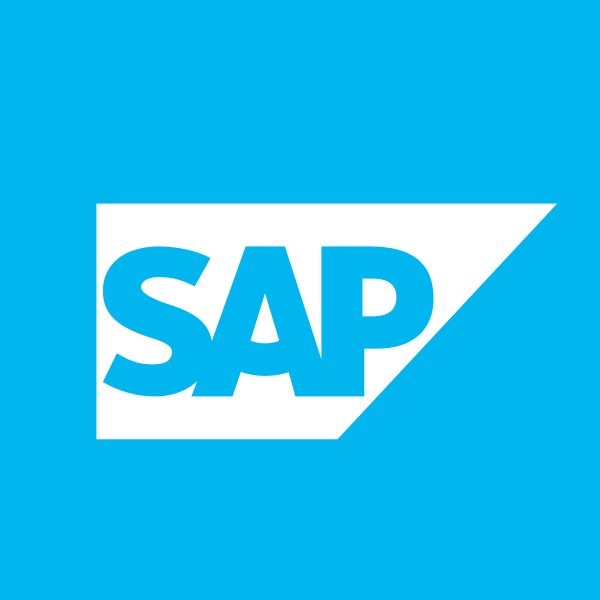ERP Pricing 2025: Cost of ERP Software Implementation
Updated on February 5, 2026
Enterprise Resource Planning (ERP) systems have become essential for businesses looking to simplify operations and boost productivity. From automating workflows to providing real-time data, ERP software can be transformative. However, understanding the costs associated with ERP implementation can take time and effort. Is it an upfront expense or a long-term investment? What factors contribute to the price? This blog dives deep into ERP pricing for 2025, addressing these questions and providing clarity for businesses of all sizes.
>> Related Post: ServiceNow Pricing: Implementation Cost in 2025
How Much Does an ERP System Cost in 2025?
The cost of an ERP system can vary widely, depending on factors like the size of your business, the type of deployment (cloud-based or on-premise), and the features you need. On average, small to mid-sized companies spend anywhere from $10,000 to $150,000 annually for cloud-based solutions. Larger organizations requiring more advanced functionalities can see costs soar into the millions. It’s important to remember that the price of an ERP system isn’t just about the software itself. Implementation, training, and ongoing maintenance all contribute to determining the total cost of ownership.
>> Related Post: Snowflake Pricing: Implementation Cost in 2025
How Is ERP Pricing Calculated?
ERP pricing is not a one-size-fits-all equation. Vendors use different models to calculate costs based on a business’s needs. Some of the most common pricing methods include:
- User-Based Pricing: Costs are determined by the number of users accessing the system. Pricing can vary based on whether the users are named (individual accounts) or concurrent (number of users logged in simultaneously).
- Module-Based Pricing: Businesses pay for specific modules they need, such as finance, inventory management, or customer relationship management (CRM).
- Subscription-Based Pricing: Often used for cloud-based ERP solutions, this model charges a recurring fee, typically monthly or annually.
- Upfront Licensing Fees: For on-premise solutions, businesses pay a one-time licensing fee, often followed by maintenance and upgrade costs.
>> Related Post: SAP Pricing: Implementation Cost in 2025
Components of ERP Software Pricing
To understand the total cost of an ERP system, it’s essential to break it down into its components:
- Software Costs: The base price of the ERP software itself is often influenced by the number of users and chosen modules.
- Implementation Costs: Includes installation, configuration, and data migration. This is often a significant portion of the expense.
- Customization Costs: The cost of customizing the ERP system to meet specific business needs is higher the more customized the solution.
- Training Costs: Ensuring employees are equipped to use the system effectively.
- Maintenance and Support Fees: Ongoing updates, bug fixes, and vendor support costs.
- Hardware Costs: Businesses must also account for the cost of servers and other IT infrastructure for on-premise solutions.
>> Related Post: MuleSoft Pricing: Implementation Cost in 2025
ERP Software Price Comparison in 2025
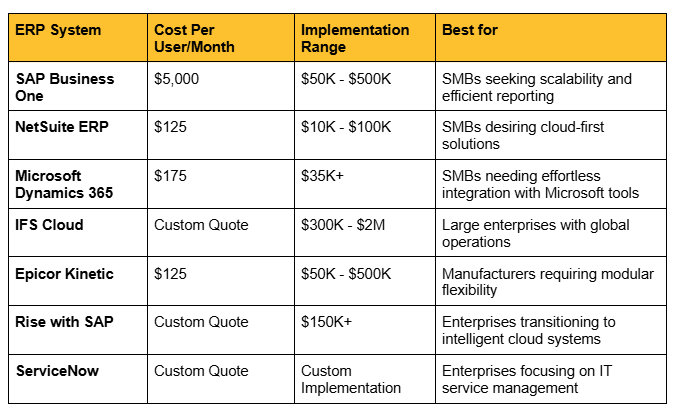
>> Related Post: CRM Software Price in 2025
Pricing for Each ERP Service
ERP pricing can differ based on the type of service required. Here’s a closer look:
- Cloud-Based ERP Services: These typically involve lower upfront costs with recurring subscription fees. They are scalable and ideal for businesses looking to minimize hardware expenses.
- On-Premise ERP Services: Higher initial investment due to licensing and hardware costs but may offer long-term savings with fewer ongoing fees.
- Hybrid ERP Solutions: Combine elements of both cloud-based and on-premise systems, with costs varying based on the setup.
>> Related Post: Benefits of ERP Systems in 2025
How to Understand ERP Costs with Cost Intelligence?
Understanding ERP costs requires a detailed analysis of both direct and indirect expenses. This process, often referred to as cost intelligence, involves:
- Evaluating Business Needs: Determine which modules and features are essential for your operations.
- Comparing Vendors: Assess the pricing structures of multiple providers to identify the best value.
- Calculating Total Cost of Ownership (TCO): Consider all costs, from initial setup to long-term maintenance.
- Forecasting ROI: Estimate how the ERP system will impact your business’s efficiency and profitability over time.
>> Related Post: Best ERP Trends in 2025
Is ERP Cost-Effective?
While ERP systems can be a significant investment, they often prove cost-effective in the long run. ERP systems save both time and money by automating processes, reducing manual errors, and improving decision-making. They also provide scalability, allowing businesses to grow without needing constant upgrades or system overhauls.
>> Related Post: Choosing an ERP System in 2025
ERP Services Offered by Cloud Consulting Inc. Inc.
At Cloud Consulting Inc. Inc., we provide comprehensive ERP professional solutions to help businesses optimize their operations. Our services include:
- ERP Consulting Services: We offer strategic consulting to assess your business needs and recommend the best ERP solutions tailored to streamline operations and enhance efficiency.
- ERP Implementation Services: Our implementation services ensure a seamless transition, managing every step from planning and deployment to training and post-launch support, for a hassle-free experience.
- ERP Software Development Services: Need custom ERP solutions? We design and develop tailored ERP software to address your specific requirements, ensuring flexibility and scalability for future growth.
- ERP Integration Services: We integrate ERP systems with your existing software and workflows, creating a unified platform for improved data flow, collaboration, and operational efficiency.
>> Related Post: Best ERP Software and Systems in 2025
Conclusion
ERP pricing in 2025 may seem complex, but with the right approach, businesses can find solutions that fit their needs and budgets. By understanding the components of ERP costs, comparing pricing models, and working with experienced providers like Cloud Consulting Inc. Inc., businesses can make smart investments that pay off in efficiency and growth.
FAQs: ERP Pricing 2025
- How much does an ERP system cost for a small business?
ERP for small businesses can cost between $10,000 and $150,000 annually for cloud-based ERP solutions, depending on the features and users. - What factors affect ERP pricing?
Key factors include the number of users, deployment model, chosen modules, customization, training, and ongoing maintenance. - Is ERP worth the investment?
Yes, ERP systems can save time, reduce errors, and boost productivity, making them cost-effective in the long term. - Are there hidden costs in ERP pricing?
Hidden costs may include training, upgrades, and support fees. Always calculate the total cost of ownership to avoid surprises. - Why choose Cloud Consulting Inc. Inc. for ERP services?
We offer customized solutions, end-to-end support, and competitive pricing to help businesses succeed with their ERP investments.
